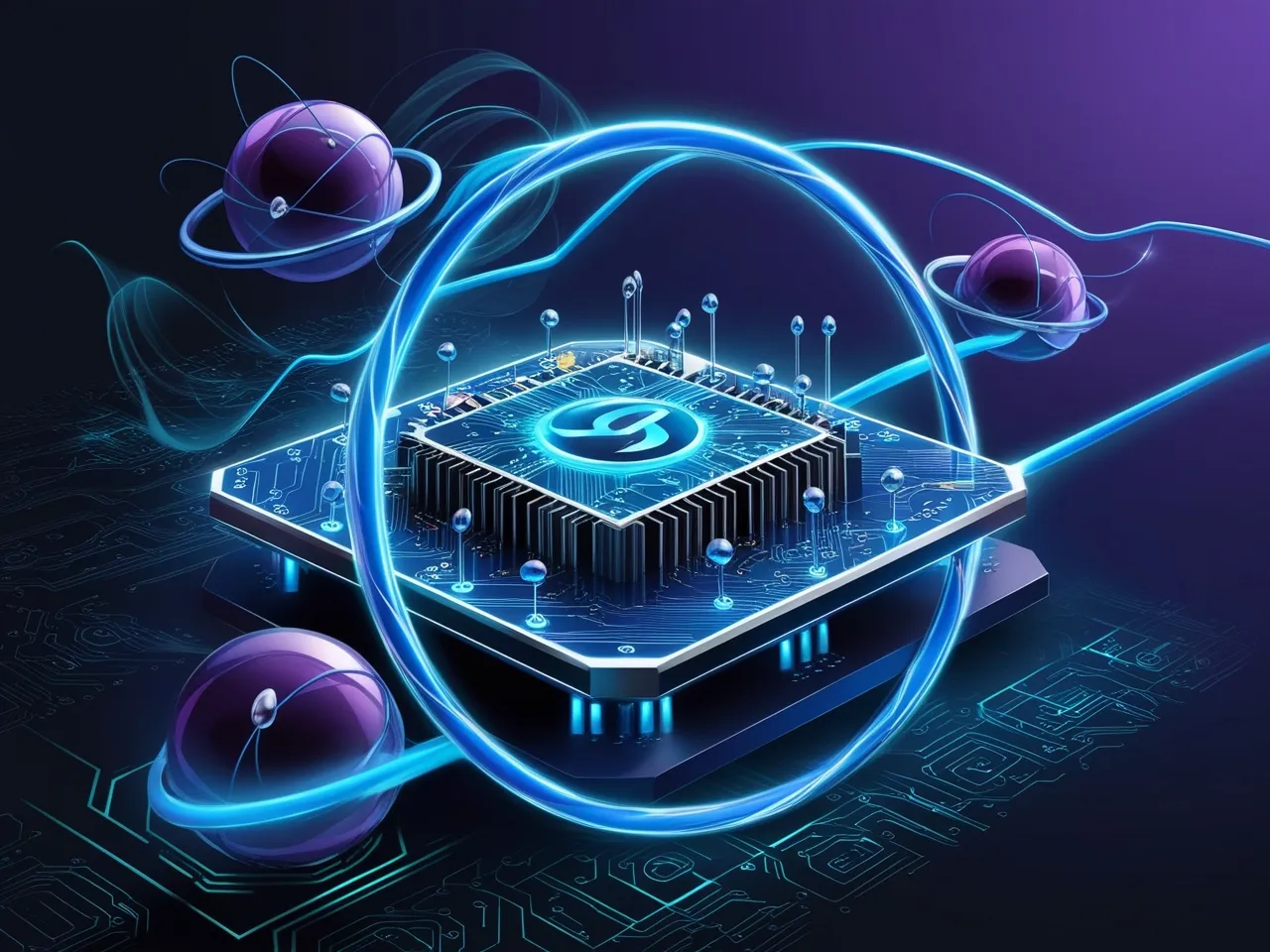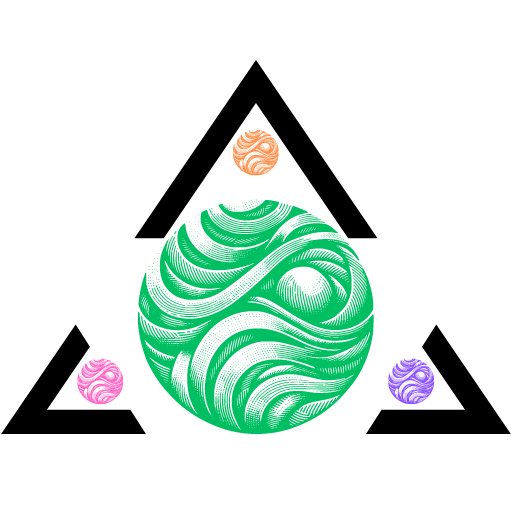In the world of technology and computing, few concepts are as revolutionary as quantum computing. This cutting-edge field promises to redefine the boundaries of what is possible in computational power, offering solutions to problems that were previously considered unsolvable. In this comprehensive guide, we’ll explore what quantum computing is, how it differs from classical computing, its potential applications, and the challenges it faces. Whether you’re a tech enthusiast or a business leader, understanding quantum computing can provide valuable insights into the future of technology.

What is Quantum Computing?
Quantum computing is a type of computing that harnesses the principles of quantum mechanics to perform calculations. Unlike classical computers, which use bits as the smallest unit of data, quantum computers use quantum bits or qubits. Qubits can represent and process a vast amount of data simultaneously due to their ability to exist in multiple states at once, a property known as superposition.
In classical computing, bits are binary and can be either 0 or 1. Quantum computing, on the other hand, utilizes qubits that can be both 0 and 1 simultaneously, thanks to superposition. Additionally, qubits can be entangled, a phenomenon where the state of one qubit is dependent on the state of another, even if they are separated by large distances. This entanglement allows quantum computers to solve complex problems much more efficiently than classical computers.

How Quantum Computing Differs from Classical Computing
To appreciate the impact of quantum computing, it’s essential to understand how it contrasts with classical computing:
- Data Representation:
- Classical Computing: Uses bits (0 or 1) to represent data.
- Quantum Computing: Uses qubits, which can represent 0, 1, or both simultaneously due to superposition.
- Processing Power:
- Classical Computing: Limited by the binary nature of bits, leading to exponential growth in computation time as problems increase in complexity.
- Quantum Computing: Exploits superposition and entanglement to perform multiple calculations at once, offering potentially exponential speedups for certain problems.
- Problem Solving:
- Classical Computing: Ideal for problems that can be broken down into sequential steps.
- Quantum Computing: Excels in solving complex problems involving large datasets and intricate relationships, such as optimization problems and cryptographic tasks.
The Potential Applications of Quantum Computing
Quantum computing holds promise across various fields, potentially transforming industries and solving problems that classical computers struggle with:
- Cryptography:
- Quantum computers could break traditional encryption methods, leading to new forms of quantum-safe cryptography. They could also enhance encryption techniques by leveraging quantum key distribution for secure communication.
- Drug Discovery:
- In pharmaceuticals, quantum computing can simulate molecular structures and interactions at an unprecedented level of detail, accelerating drug discovery and development processes.
- Optimization Problems:
- Industries such as logistics, finance, and manufacturing face complex optimization challenges. Quantum computing can tackle these problems more efficiently, leading to cost savings and improved operational efficiency.
- Artificial Intelligence and Machine Learning:
- Quantum computing could enhance machine learning algorithms by processing large datasets more rapidly, leading to more accurate predictions and insights.
- Materials Science:
- Understanding and designing new materials with quantum computing could lead to advancements in fields such as electronics, energy storage, and manufacturing.
Major Quantum Computing Platforms and Developments
Several companies and research institutions are at the forefront of quantum computing development, each contributing to the advancement of this technology:
- IBM Quantum:
- IBM has been a pioneer in quantum computing, offering the IBM Quantum Experience platform that allows researchers and developers to access quantum computers and experiment with quantum algorithms.
- Google Quantum AI:
- Google’s Quantum AI division achieved a significant milestone with its Sycamore processor, demonstrating quantum supremacy by solving a problem beyond the reach of classical computers.
- Microsoft Quantum:
- Microsoft’s approach to quantum computing involves the development of a topological qubit, which aims to improve error rates and computational stability.
- Rigetti Computing:
- Rigetti focuses on developing cloud-based quantum computing platforms, allowing users to access their quantum processors via the cloud.
- D-Wave Systems:
- D-Wave is known for its quantum annealing technology, which is designed for optimization problems and offers a different approach compared to gate-based quantum computers.
Challenges Facing Quantum Computing
Despite its potential, quantum computing faces several challenges that need to be addressed before it can become widely practical:

- Error Rates and Decoherence:
- Quantum computers are highly sensitive to their environment, which can lead to errors and decoherence (loss of quantum information). Researchers are working on error-correcting codes and more stable qubit designs to address these issues.
- Scalability:
- Building large-scale quantum computers with thousands or millions of qubits is a significant challenge. Current quantum systems are still in the early stages, and scaling them up requires advances in technology and materials.
- Cost and Accessibility:
- Quantum computing technology is currently expensive and requires specialized infrastructure, limiting its accessibility to a few organizations and research institutions.
- Algorithm Development:
- Quantum algorithms are still in their infancy, and developing efficient algorithms that can take full advantage of quantum computing capabilities is an ongoing area of research.
- Integration with Classical Systems:
- Effective integration of quantum computers with existing classical systems is crucial for practical applications. Hybrid approaches that combine classical and quantum computing are being explored.
The Future of Quantum Computing
The future of quantum computing is both exciting and uncertain. As research and development continue, we can expect to see breakthroughs that push the boundaries of what quantum computers can achieve. Here are a few potential future developments:

- Advancements in Quantum Hardware:
- Continued progress in qubit technology, error correction, and quantum communication will drive the development of more powerful and stable quantum computers.
- Quantum Computing for Everyone:
- As technology becomes more accessible and affordable, we may see widespread adoption of quantum computing across industries and sectors.
- New Applications and Innovations:
- Emerging quantum applications could revolutionize fields such as cryptography, drug discovery, and materials science, leading to new technologies and solutions.
- Quantum-AI Integration:
- The combination of quantum computing and artificial intelligence could lead to new breakthroughs in data analysis, pattern recognition, and decision-making processes.
- Global Collaboration:
- The global nature of quantum research fosters collaboration among researchers, governments, and industry leaders, accelerating the development and adoption of quantum technologies.
Conclusion
Quantum computing represents a paradigm shift in how we approach complex problems and process information. While still in its early stages, the potential applications and benefits of quantum computing are vast, with the ability to transform industries and solve previously intractable problems. As we continue to explore and develop this technology, the future of quantum computing holds promise for groundbreaking advancements and innovations.

By understanding the principles, potential, and challenges of quantum computing, you can gain valuable insights into one of the most exciting fields in technology today. Whether you’re a researcher, developer, or business leader, staying informed about quantum computing can help you navigate the evolving landscape of technology and prepare for the future.






